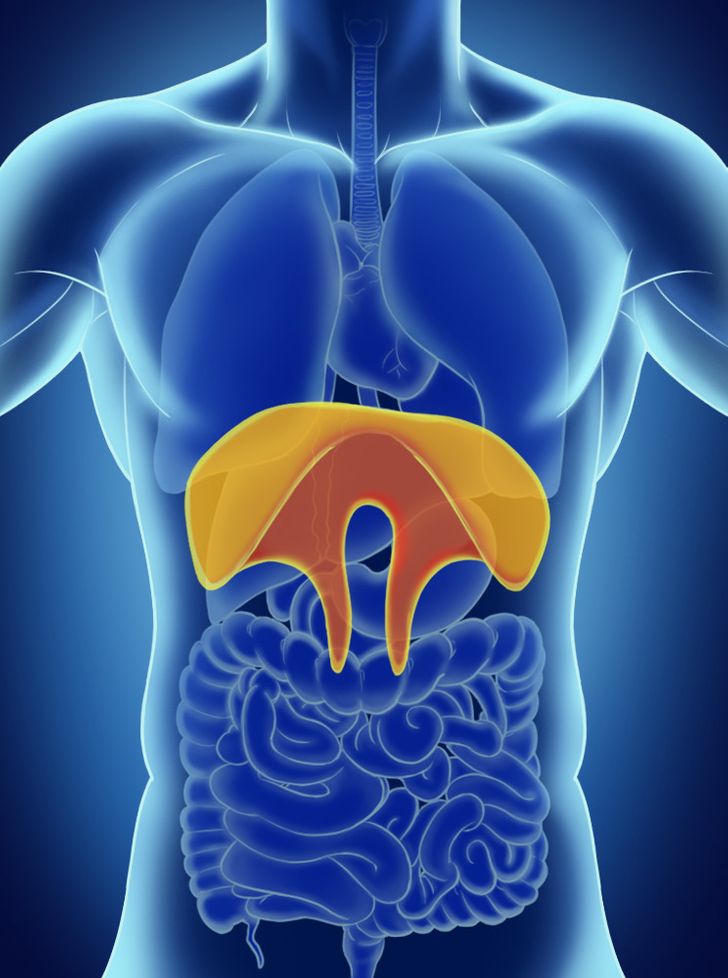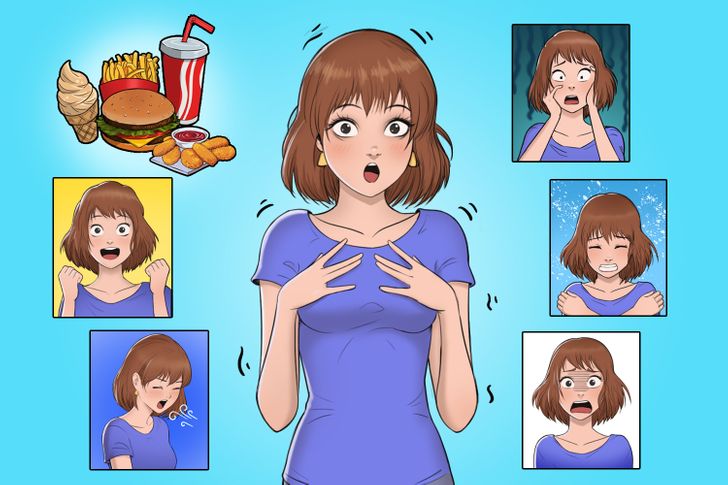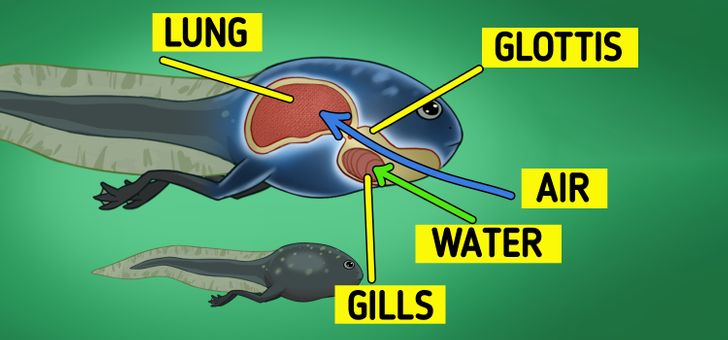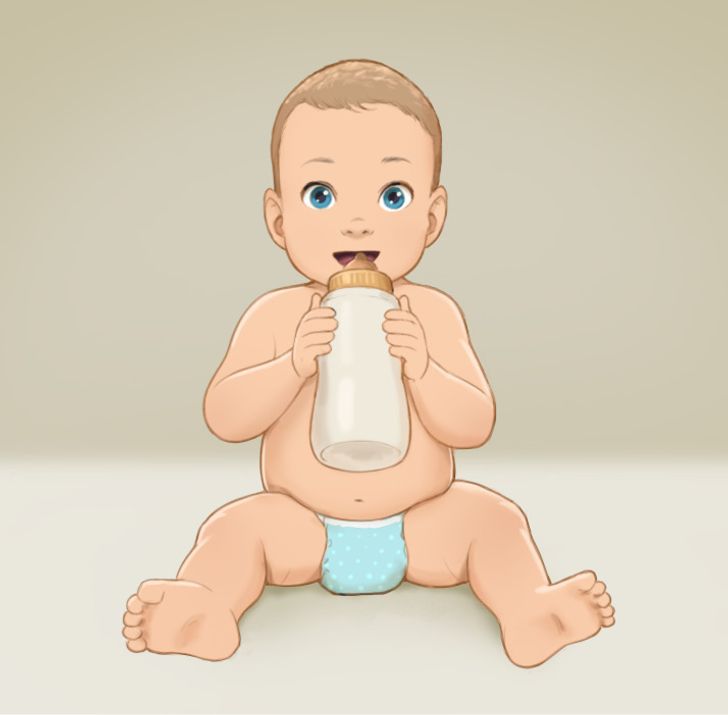Why People Hiccup
American Charles Osborne was entered in the Guinness World Records as the man who had the hiccups for 68 years. During this time, he had approximately 430 million hiccups. This happened to him after a pig had fallen on him.
Of course, not everyone gets hiccups that last quite that long, but all of us had had them at least once.
5-Minute Crafts would like to tell you what causes hiccups.
What hiccups are

A hiccup is an involuntary contraction of the diaphragm, located between the lungs and the stomach. Normally, the diaphragm lowers as you inhale, allowing air to enter the lungs, and then relaxes as you exhale, releasing carbon dioxide from the lungs. But when this muscle gets irritated, it can spasm, due to which you suddenly suck air into your throat, where it hits your voice box. This causes a sudden closure of your vocal cords, accompanied by the familiar “hic” sound.
What causes hiccups

Hiccups can be caused by a number of physical or emotional reasons. It can be triggered by eating too quickly, drinking carbonated drinks, or accidentally swallowing air. Hiccups can occur because of a sudden change in air temperature, or become a reaction to stress or strong feelings endured by the body.
Persistent hiccups can be associated with disorders of the brain or spinal cord, as well as malfunctions in the organs located near the diaphragm. If you have hiccups that last a few days or more, you should see a doctor to make sure there are no serious problems.
Why we need hiccups
No one really knows why people need hiccups, although this mechanism has long been described.
There is a hypothesis that hiccups existed millions of years before the appearance of mankind and helped animals start breathing with their lungs, not gills. Similar changes can be observed today in frogs, like when they transform from a tadpole with gills to an adult animal with lungs. When a frog inhales, this action transports water to the gills and closes the glottis, thus protecting the lungs from water penetration. Scientists also say that the neural processes that cause hiccups are similar to those that occur when amphibians breathe.

According to another hypothesis, there is a specific reason why we still get hiccups. Scientists who side with this theory mention that hiccups are found only in mammals. Birds, lizards, turtles and other animals that breathe air can’t hiccup. However, in mammals, hiccups can occur long before birth. This probably indicates that the hiccup is designed to ensure the safety of feeding, and it works like burping. The sudden expansion of the diaphragm pushes the accumulated air out of the stomach, while the closure of the glottis prevents milk from entering the lungs.
